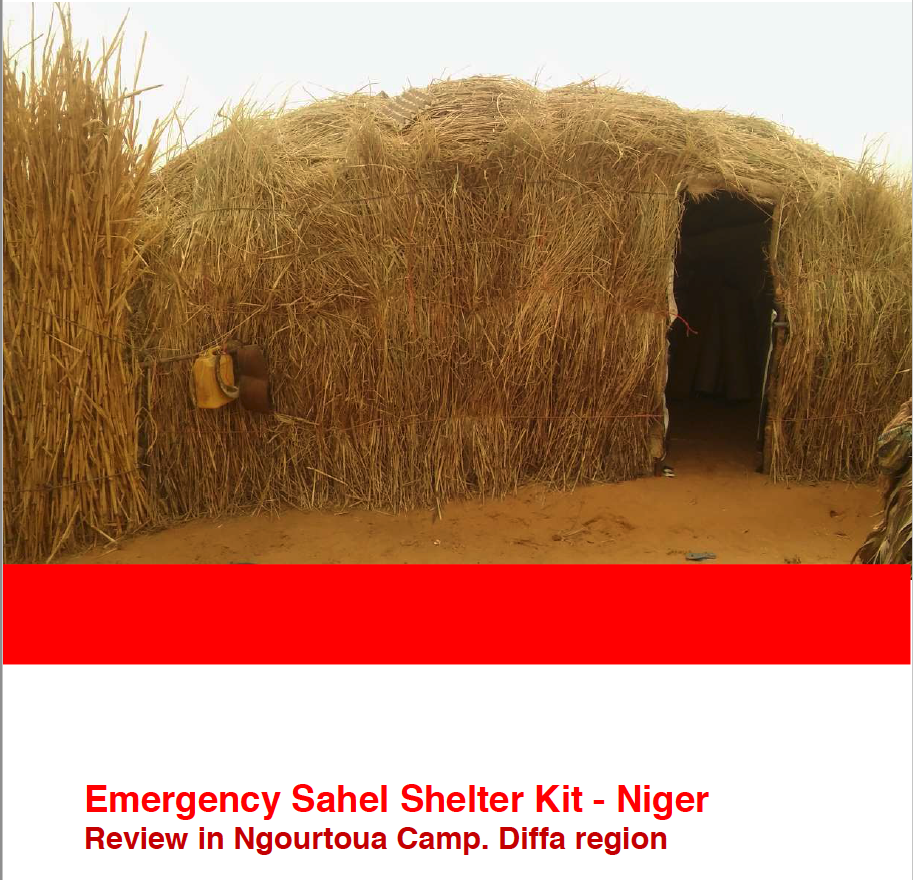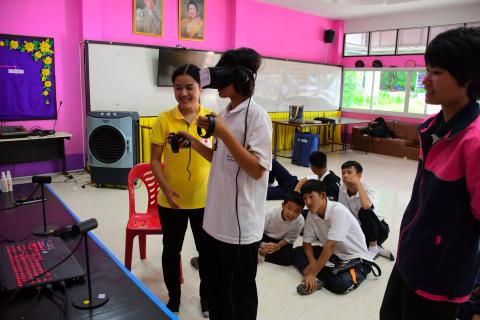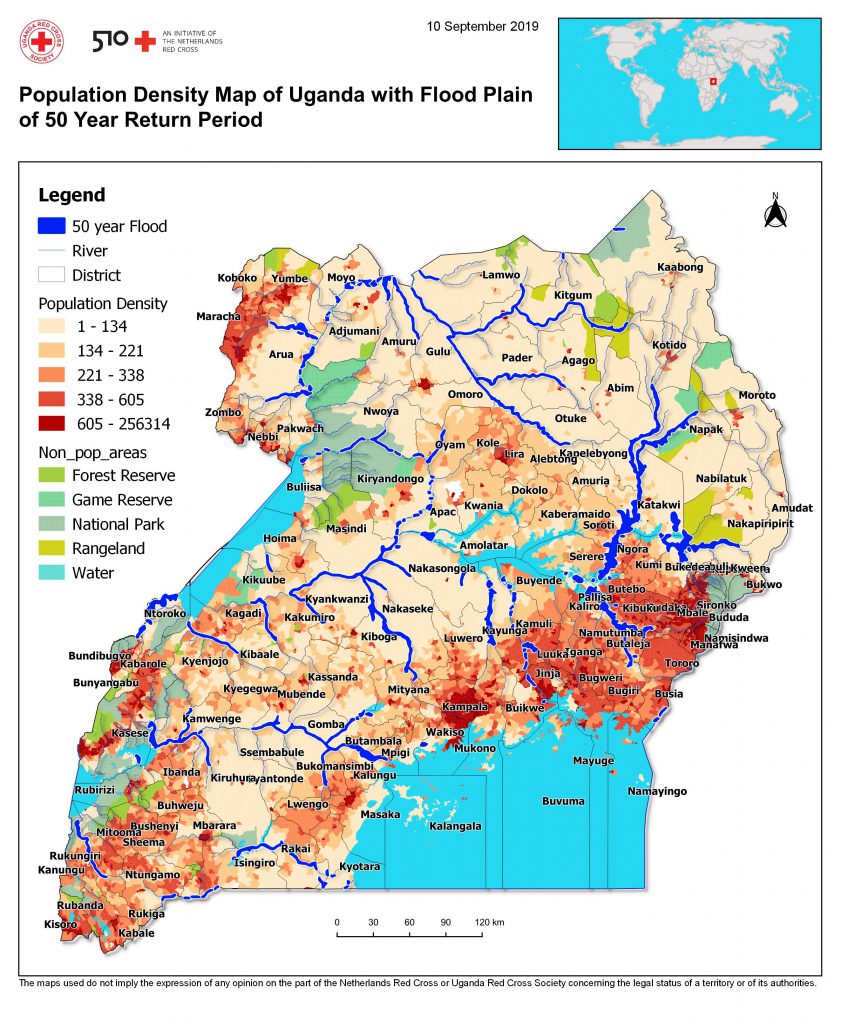Niger Revision Sahel Shelter Kit – Review and improvement of the Sahel shelter solution
The Aide internationale de la Croix-Rouge luxembourgeoise (AICRL) has been working since 2013 in Diffa, Niger. In close collaboration with the Nigerian Red Cross (CRN), it carries out interventions in the area of shelter and sanitation for refugees and IDPs in the Diffa region after the crisis in Lake Chad. In this context and with […]
Niger Revision Sahel Shelter Kit – Review and improvement of the Sahel shelter solution Read More »




